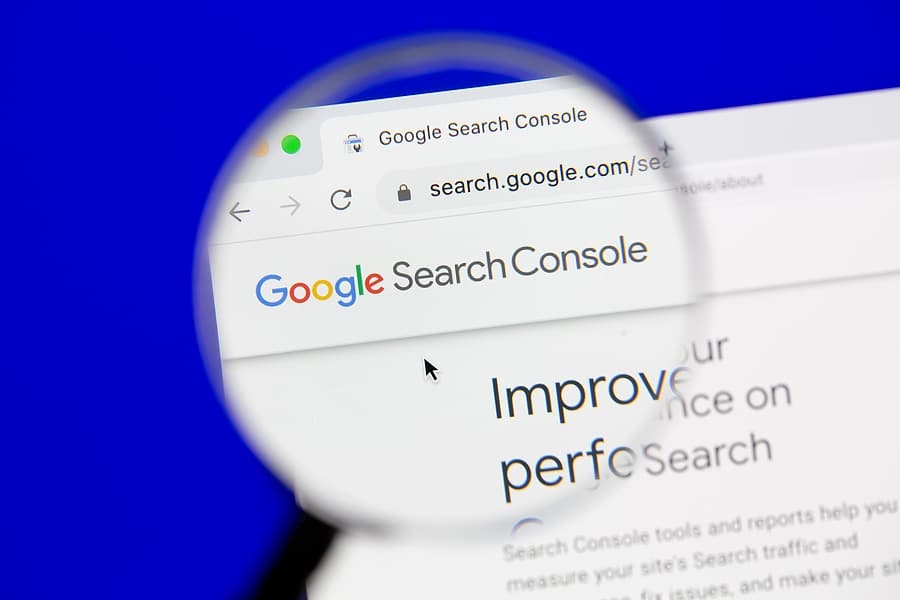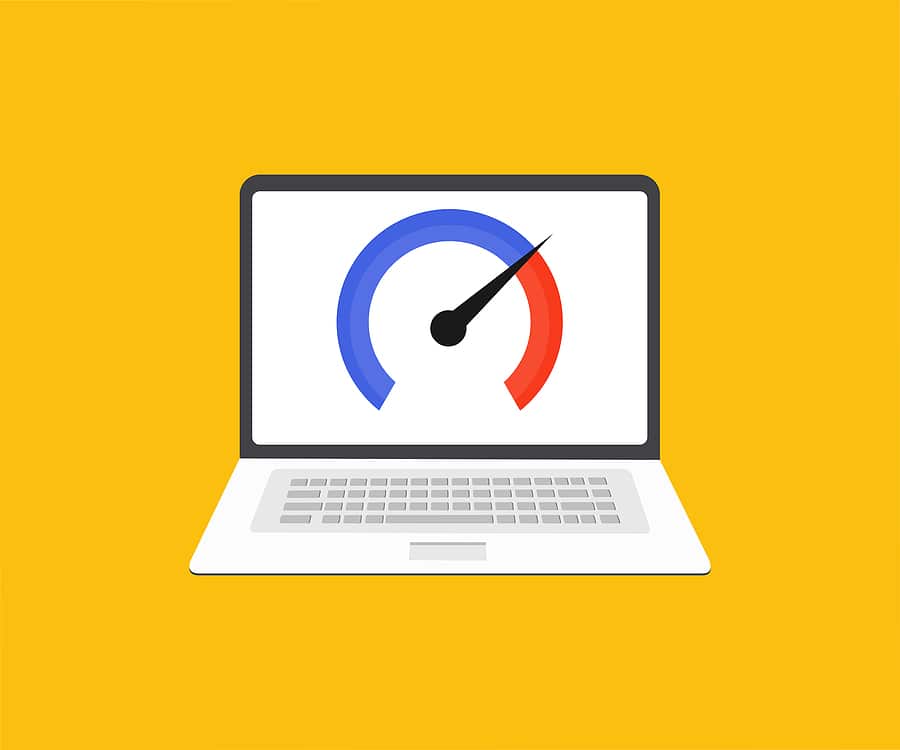What is Google Search Console? Mastering Your Websites Performance

A well-optimized website not only attracts more visitors but also ensures a seamless user experience. To achieve this, webmasters and SEO professionals turn to powerful tools, and one such tool that stands out is Google Search Console.
In this comprehensive guide, we’ll delve deep into answering the question “What is Google Search Console?”—exploring its features, benefits, and how you can leverage its potential to enhance your website’s performance.
Understanding Google Search Console: A Brief Overview
Google Search Console, formerly known as Google Webmaster Tools, is a free service offered by Google that allows website owners to monitor, maintain, and troubleshoot their site’s presence in Google Search results- It does so by providing valuable insights into how Google’s search engine interacts with your website.
Setting Up Your Google Search Console Account
To get started, you need to have a Google account. Once you’re logged in, follow these steps to set up your Google Search Console account:
1. Access Google Search Console:
Go to the official Google Search Console website and click on the “Start now” button.
2. Add Your Website:
Click on the “Add a property” button and enter your website’s URL. Google will then prompt you to verify your ownership through various methods such as HTML file upload, HTML tag, domain name provider, or Google Analytics.
3. Verify Your Website:
Follow the verification instructions provided by Google. Once your website is verified, you’ll gain access to the Search Console dashboard.
Navigating the Google Search Console Dashboard
Upon successful verification, you’ll find yourself in the Search Console dashboard. Here’s an overview of its main sections:
1. Performance:
The Performance report provides valuable data on your website’s search traffic. It shows the total number of clicks, impressions, click-through rate (CTR), and average position in search results. This data can be filtered by queries, pages, countries, devices, and search appearance.
2. Coverage:
The coverage report highlights any issues Google encounters while crawling your website. It includes errors, valid pages, and excluded pages. Addressing these issues ensures that your site is indexed properly.
3. Sitemaps:
This section allows you to submit your website’s sitemap, enabling Google to understand the structure of your site better. A well-organized sitemap helps search engines crawl and index your pages efficiently.
4. URL Inspection:
You can inspect specific URLs on your website to check how Googlebot sees them. It provides detailed information about crawling, indexing, and any issues encountered during the process.
5. Mobile Usability:
With the increasing use of mobile devices, it’s crucial to ensure your website is mobile-friendly. This section highlights any usability issues that affect the mobile user experience.
What is Google Search Console: Website Optimization Strategies

Now that you’re familiar with the dashboard, as we dive more into “What is Google Search Console”, let’s explore how you can leverage Google Search Console to optimize your website effectively.
1. Keyword Analysis and Optimization:
– Query Performance: Analyze the queries driving traffic to your site. Identify high-impression and low-click queries and optimize your content to increase click-through rates.
– Page Optimization: Review the pages with the highest impressions. Enhance their meta titles, descriptions, and content to make them more appealing to users.
2. Identifying and Fixing Errors:
– Crawl Errors: Regularly check the Coverage report for crawl errors. Address issues like 404 errors, redirect loops, or server errors promptly to ensure a smooth user experience.
– Security Issues: Google Search Console alerts you about potential security issues such as hacked content or malware. Swiftly resolve these problems to maintain your website’s credibility.
3. Monitoring Backlinks:
– Links to Your Site: Keep an eye on websites linking to your pages. High-quality, relevant backlinks improve your site’s authority. Disavow spammy or irrelevant links to maintain a healthy backlink profile.
4. Improving Mobile Usability:
– Mobile-Friendly Design: Address mobile usability issues flagged in the Mobile Usability report. Responsive design, legible fonts, and touch-friendly buttons enhance the mobile user experience.
5. Enhancing Content Relevance:
– Search Appearance: Use the Search Appearance section to optimize rich results such as snippets, AMP pages, and structured data. Structured data markup helps search engines understand your content better, leading to more relevant search results.
6. Monitoring Website Speed:
– Core Web Vitals: Google Search Console provides insights into your site’s Core Web Vitals, including metrics like loading performance, interactivity, and visual stability. Optimize your website to meet these standards for a seamless user experience.
What is Google Search Console- Advanced Strategies for Website Optimization
1. International Targeting:
– Hreflang Tags: If your website caters to an international audience, implement hreflang tags to specify language and regional targeting. This ensures that users from different regions see the most relevant content.
2. Accelerated Mobile Pages (AMP):
– AMP Implementation: Consider implementing Accelerated Mobile Pages to create lightweight, fast-loading versions of your pages. Google prioritizes AMP pages in mobile search results, enhancing your site’s visibility.
3. Structured Data Markup:
– Schema Markup: Utilize schema markup to provide search engines with detailed information about your content. This can lead to rich snippets in search results, providing users with more context about your pages.
4. Regular Health Checks:
– Periodic Audits: Conduct regular audits of your website’s performance in Google Search Console. Stay updated with the latest search trends and algorithm changes to adapt your optimization strategies accordingly.
Ultimately this blog has delved into “What is Google Search Console?”—exploring why it is an indispensable tool for website development teams and SEO professionals so by harnessing its capabilities, you can transform your online presence, attract more visitors, and provide an exceptional user experience. Regularly monitoring your site’s performance, addressing errors, optimizing content, and staying updated with the latest SEO techniques will empower you to achieve lasting success in the digital landscape. Remember, Google Search Console is not just a tool; it’s your pathway to online excellence.


